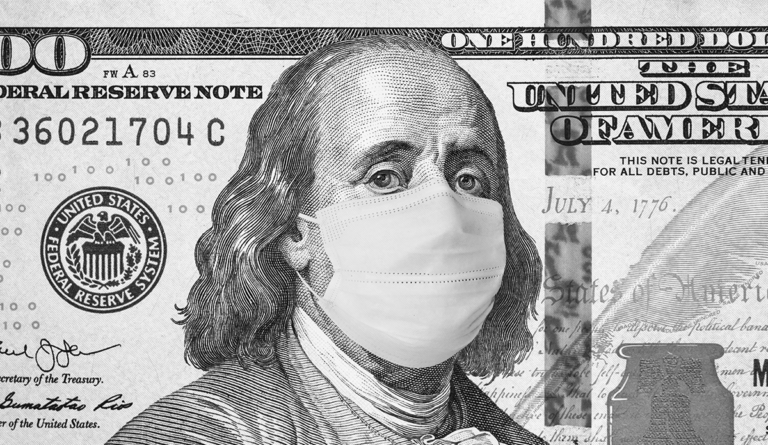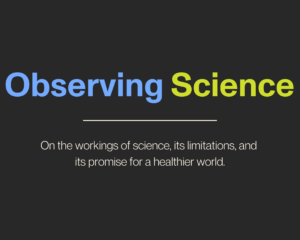Wealth and Health
Future research should examine the various sources of wealth and wealth loss and their associations with populations health.

Read Time: 4 minutes
Published:
I teach social theory for the sociology department at the University of Alabama at Birmingham, and every year as I prepare lecture materials covering the beginnings of sociological thought, I’m still impressed by the insights of Karl Marx. Leave it to the sociologist to bring up Marx, but in many of his writings, Marx argued that the ownership of private property was a central, if not the sole, determinant of social class. Nearly 200 years after Marx’s critical examination of social class, I find in my research that asset ownership, or simply wealth, is among the most robust correlates of adult obesity and mortality risk among adult men and women in the US.
Since Marx, sociologists have made important advances in mapping the origins and effects of social class in the contemporary US, but this scholarship doesn’t always find its way into public health research. My research attempts to bridge this gap by incorporating what sociologists discover about social stratification into the study of population health. Social stratification scholars study the social processes that account for the unequal distribution of material (think money) and symbolic (think prestige) resources. I’m curious how these social processes shape health.
My recent work on wealth and obesity was initially motivated by sociological scholarship arguing that, while wealth is critical for understanding social inequality, it’s a more complicated concept than many researchers assume. Wealth is typically added to statistical models as net worth, the dollar value of one’s total assets minus their total debts. However, the components of net worth — namely assets such as housing wealth, savings, stocks, and investments — provide families with unique financial, material, and social resources. I was intrigued by this idea and what it might mean for health.
You don’t have to be a statistician, or a sociologist for that matter, to think that there’s likely a relationship between the value of your home and your ability to exercise outside without fear of violence or to find nearby grocery stores with fresh produce.
Although net worth was an established correlate of health, prior research had not systematically investigated whether some components of net worth may matter more for health than others. You don’t have to be a statistician, or a sociologist for that matter, to think that there’s likely a relationship between the value of your home and your ability to exercise outside without fear of violence or to find nearby grocery stores with fresh produce. The value of certain assets also sheds light on social class in ways that other indicators such as occupation or income might miss. For example, we know that Black families are systemically blocked from home ownership in affluent neighborhoods. In sum, what we call “wealth” refers to distinct financial and material resources for health, and these resources are distributed unequally across social groups in the U.S.
With this in mind, my colleagues and I examined the National Longitudinal Surveys 1979, data from 6,979 American men and women as they entered middle adulthood (ages 45 to 60). We found that the association between wealth and obesity was complex and depended on sex, race, and the type of wealth we considered.
I’m now working on new projects that extend this research by looking at the risk of health problems developing after major financial losses. A variety of economic shocks have become more common during the macroeconomic volatility of the 21st century, but we know relatively little about health impact of economic shocks that vary by source and severity. This research is still ongoing, but we’re finding evidence that bankruptcy is especially important for health.
Future research should examine the various sources of wealth and wealth loss and their associations with populations health. As the US economy continues to reel from Covid-19, this information will be critical for public policy aimed at creating a healthier population in the post-Covid world.
Photo via Getty Images



